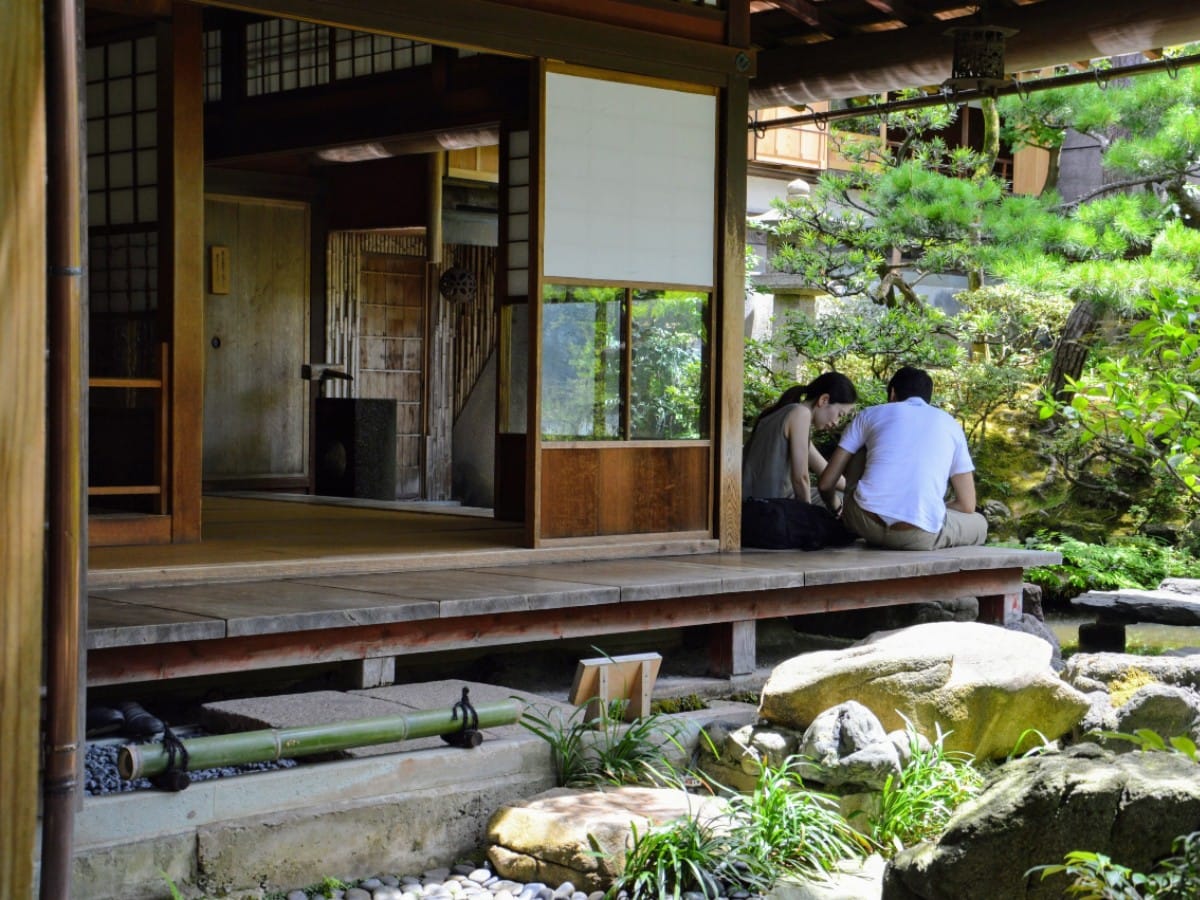
Source: © pxfuel.com
Countryside living is cozy and affordable for residents willing to buy abandoned houses
- Tags:
- Abandoned houses / renovation
Related Article
-

An Abandoned School and Other Unusual Living Spaces in Japan
-
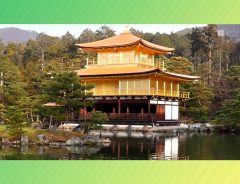
World Heritage Site Kinkakuji Temple emerges from renovations more resplendent than ever
-
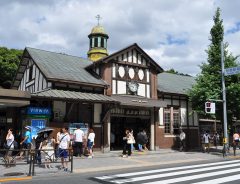
Harajuku Station to be demolished after 2020 Tokyo Olympics
-
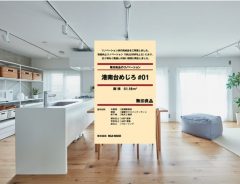
MUJI Reimagines Traditional Living Spaces
-
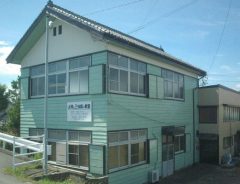
Fukuroi: Shizuoka town determined to put empty houses to good use
-

New renovations gives Twitter user their own personal fireworks during tea time


When you think of home, what comes to mind? An apartment in the city? A sofa and a TV? Children playing in the garden or front lawn? Certainly, ideas differ across cultures and generations. Traditionally, in my home country, house ownership is an integral part of the notion of “home.”
The same appears to be true of Japan. The post-war society encouraged a “homeowner society," which was meant to provide social stability and maintain welfare. Citizens agreed, and the rate of owned dwellings rose throughout the period to a peak of 62.4 percent before the economic crash of the late 1980s and early 1990s.
However, since the 1990s the possibility of home-ownership has been progressively challenged in the island nation. In recent history, younger residents have struggled to keep up with the spoils of older generations. Increasing wealth inequality is hampering the economic mobility of young people perhaps influencing their decling aspiration of homeownership.
Furthermore, owning a house in Japan comes with notable risks not necessarily familiar to Westerner property owners. Houses in the country depreciate over time, netting smaller and smaller valuations every year. Frequent natural disasters threaten property damage, and insurance coverage can be spotty. Finally, mortgage owners are liable to pay back the entire loan, even after bank foreclosures.
Country Living
Yet, there may be a silver lining to homeownership in Japan for those willing to make a few compromises. Take, for example, American ex-pat immigrants Kimberely and Paul Fridale, who detailed their experience purchasing a countryside house in Japan to CNN. After a few years of looking, the couple was able to find a house that suited their preferences—although some landscaping work was required. Their isolated home, they say, has also been particularly comforting during the outbreak.
The Fridales are not alone. Other would-be homeowners are looking to the countryside for a good deal and a comfortable house to call home. Recently, Tokyo Llama detailed his experience buying a similarly abandoned rural house for himself and his family.
Deep dive: Buying an Abandoned House
Tokyo Llama recently bought an abandoned house in Ibaraki, about an hour outside of Tokyo. Since then he has decided to share his experience for others interested in the potentially affordable living arrangement. Most importantly, the vlogger made the considerable move to the countryside to enjoy a better lifestyle. He wanted a lawn for his children to play in, a garden to grow fresh vegetables, and space for BBQs. Towards this end, he decided to purchase a moderately-priced farm house.
Tokyo Llama began his search using an akiya bank, a government program for matching vacant properties with tenants. While there are certain benefits to this program, the YouTuber could not find a property that suited him and his family. Nevertheless, he eventually depended on word-of-mouth, relying on friends and acquaintances to spread the word he was in the market. His family finally acquired a house from the local tax authorities.
Some Things to Consider
While akiya, abandoned houses, can be surprisingly cheap, there are naturally some risks involved in bargain hunting of this sort. Sure enough, maintenance may be required. And depending on the former occupants and the age of the house, this may mean a lot of work.
Fortunately, Tokyo Llama has a few pointers for what to keep in mind when shopping. Many properties likely need to have plumbing and electricity updated. It is also essential to consider structural damage, perhaps caused by termites, as it could be exceptionally costly. Would-be homeowners should keep earthquake resistance in mind as well. Also, some properties may not have a clear border, something a professional is required to delineate.
Tokyo Llama admits that there are indeed numerous expenses like taxes involved. The vlogger was required to pay a hefty registration tax, a one-time payment applied to any property in Japan. This tax is based upon the government's evaluation records and can be surprisingly expensive. He furthermore paid a property acquisition tax, which can be comparably sizeable, as well as ordinary annual property taxes.
Rennovations
Despite property taxes and the like, Tokyo Llama still acquired his property for, in my mind, a very reasonable price, around $35,000. Yet, there were still other renovation and moving-in expenses required.
According to Tokyo Llama, these can be considerable. For example, before purchasing his home, the vlogger was warned that renovations alone could cost as much as a new house. However, after asking around, he feels that something closer to $55,000 is doable, although it is possible to pay much more.
Overall, there is a lot to consider when purchasing an abandoned house: numerous regulations, expenses, and financing requirements. Moreover, the purchase could be more difficult for foreign residents who have various visa statuses. That said, Tokyo Llama feels that this option is not for everyone. However, for residents who desire a specific type of lifestyle, it could be a reasonable, and even ideal, living arrangement.